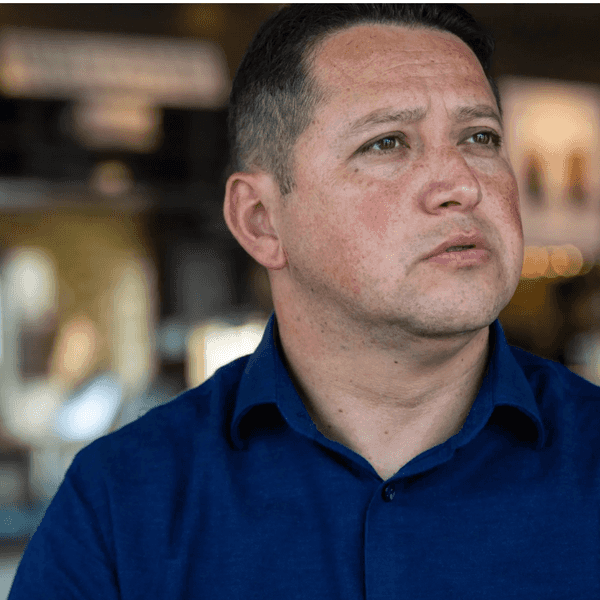
One of the biggest fiascoes of Barack Obama’s presidency occurred when he warned the Syrian government that any use of chemical weapons against rebels would breach a “red line.” It was a clear threat of a U.S. air strike. But a year later, the regime carried out an attack with sarin gas – and the threat proved hollow.
The reversal was a public humiliation and a lesson in the risks of blithely raising the stakes in an international confrontation. Obama’s secretary of state, John Kerry, later admitted, “We paid a price” for the bluff.
Obama should not have bet that he could get his way through intimidation. He should not have made a promise he wasn’t prepared to keep. His retreat made future presidential ultimatums less believable and encouraged enemies to test our resolve. It also emboldened Vladimir Putin to expand his military role in the Syrian civil war, which helped secure Assad’s victory.
Donald Trump either learned from that mistake or he didn’t. But last weekend, as the president was crowing about his attorney general’s summary of the special counsel’s report, Putin sent two Russian air force planes to Venezuela, carrying close to 100 Russian troops.
Their arrival was a show of support for the government of President Nicolas Maduro as he strives to suppress an opposition movement. Putin acted in defiance of the Trump administration, which has used all the leverage it can muster to engineer a regime change in Caracas.
Vice President Mike Pence has said, “Maduro must go.” It was an unintended echo of what Obama said in 2011: “The time has come for President Assad to step aside.” But like Assad, Maduro is strangely unwilling to abide by American preferences.
On Wednesday, Trump complained, “Past administrations allowed this to happen,” as if controlling internal events in a sovereign nation were our prerogative. He also upped the ante. “Russia has to get out,” he declared. And if Russia doesn’t? “All options are open,” he warned.
But the options are dwindling. The administration imagined that economic chaos and popular discontent in Venezuela, combined with international sanctions and diplomatic pressure, would topple Maduro. But they haven’t, and an attempt by the opposition to bring food and medicine over the border failed when security forces opened fire.
The Russians, who are used to being appeased by Trump, are in no mood to capitulate. In response to his demand that they leave, Kremlin officials likened the U.S. to “an elephant in a china shop” and invited him to pull U.S. forces out of Syria.
“We do not interfere in the domestic affairs of Venezuela,” a Putin spokesman said. “We count on these third countries to follow our example and allow Venezuelans to decide their own fate.” In other words, butt out.
So what choices are left? The international effort to squeeze Maduro until he surrenders hasn’t worked, and our experience with other rogue regimes — North Korea, Iran, Libya — suggest that economic and diplomatic penalties won’t suffice to break the regime’s hold on power. Huffing and puffing rarely blows a dictator’s house down.
In that case, Trump will be left with two unappetizing options. The first is to follow the Obama model — backing down from the demands and warnings he has issued to Putin and Maduro. That would mean the indignity of tolerating a neighboring enemy that, like Cuba, can revel in standing up to the Yankee imperialists, with help from Moscow.
The second is to take military action that could lead the U.S. into a dangerous war against Maduro’s army — or, in the worst case, direct combat with a nuclear-armed foe. Does anyone remember the Cuban missile crisis? Does anyone want to re-enact it to see if we’ll get lucky again?
The optimistic view is that Trump, being averse to costly foreign entanglements and eager to stay on good terms with Putin, will end up walking away in a fog of bluster or just drop his threat and pretend he never made it.
The pessimistic view is that just as he has been unwilling to look weak by getting out of Afghanistan, Iraq or Syria, he will decide that preserving an image of toughness is worth whatever it costs in American lives and money.
Steve Chapman blogs at http://www.chicagotribune.com/news/opinion/chapman. Follow him on Twitter @SteveChapman13 or at https://www.facebook.com/stevechapman13. To find out more about Steve Chapman and read features by other Creators Syndicate writers and cartoonists, visit the Creators Syndicate website at www.creators.com.








